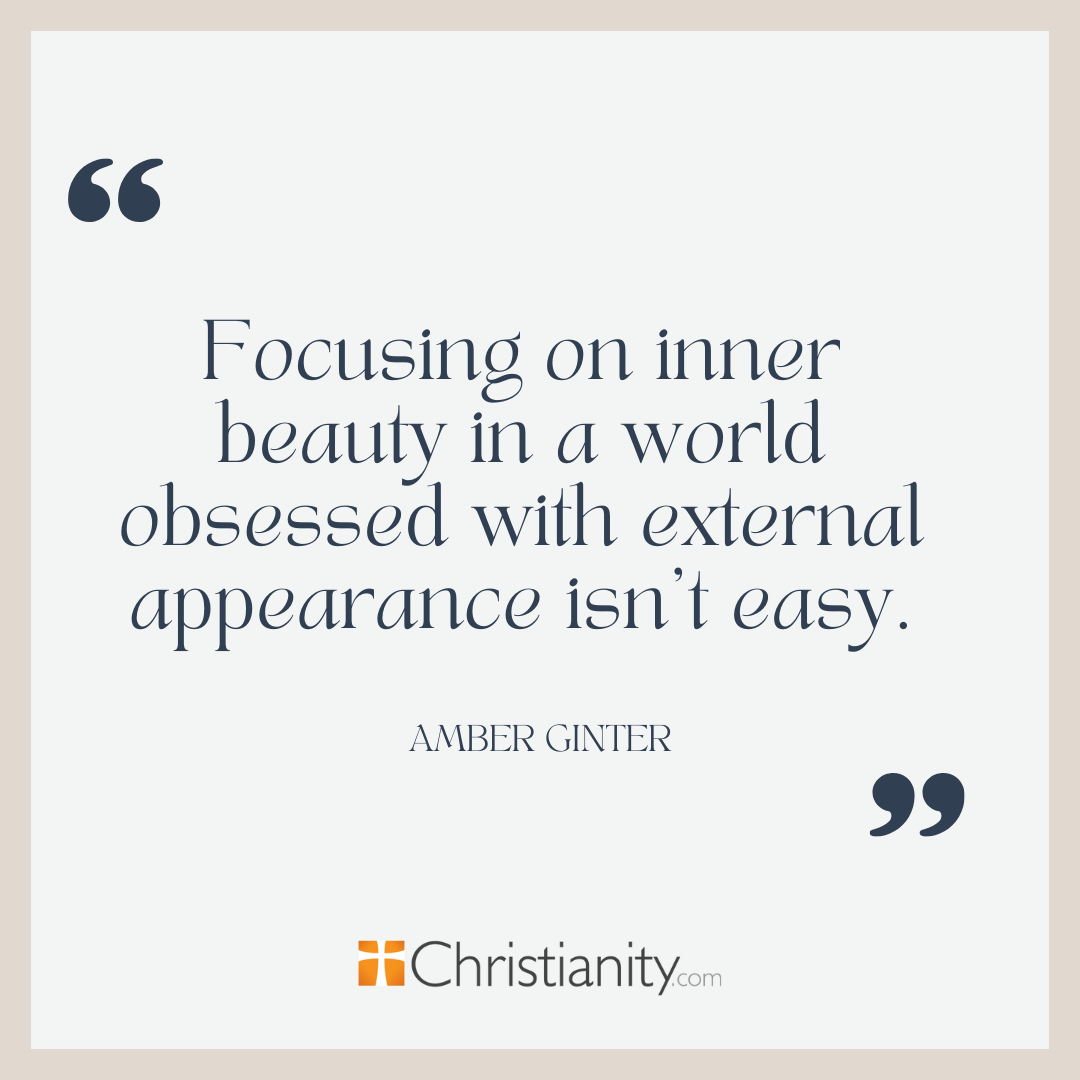Eating disorders impact roughly 9% (30 million) of Americans in their lifetime. Sadly, Global eating disorder statistics report that the prevalence of eating disorders has increased from 3.4% to 7.8% between 2000 and 2018. Everyone’s relationship with food is different, but roughly 70 million people live with these debilitating diseases.
So, what is an eating disorder? Contrary to popular belief, eating disorders aren’t all about food. They are often about control and ways to cope with life’s circumstances. Psychiatry.org defines an eating disorder as “behavioral conditions characterized by severe and persistent disturbance in eating behaviors and associated distressing thoughts and emotions. They can be very serious conditions affecting physical, psychological, and social function. Types of eating disorders include anorexia nervosa, bulimia nervosa, binge eating disorder, avoidant restrictive food intake disorder, other specified feeding and eating disorder, pica, and rumination disorder.”
Almost half of all Americans know someone with an eating disorder, but an estimated 50-70% go undiagnosed due to subclinical symptoms, stigma, shame, and unrecognized behaviors. Sadly, older women, ages 40-70, are often at the top of this list.
In a recent study conducted by National Geographic, a growing number of women ages 40 to 70 are seeking treatment for eating disorders triggered by menopause, life transitions, and cultural pressure to stay thin—yet many go undiagnosed or untreated. This brings up a pivotal, but often overlooked question: How can Christian women find peace, purpose, and identity in Christ when their bodies—and roles—are changing?
While eating disorders don’t discriminate by age, race, gender, or socioeconomic status, they do make it difficult for us to see ourselves the way God created us. One of the most challenging verses found in Scripture isn’t that we’re called to love our neighbors, but that we’re called to love our neighbors as ourselves. Why? Because it can be hard to know how to love ourselves well (Mark 12:30-31, NIV).
If we want to honor and love God and others wholeheartedly, this requires us to find peace, purpose, and identity in Christ, no matter what our bodies look like or the roles we’re called to uphold. How do we do this? We look within, learn to silence shame with God’s truth, and lean on professional support when needed.
3 Ways to Heal and Deal with Eating Disorders
1. Look Within- Soul-Deep- Eternal Value is More than Skin Deep
Contrary to society, beauty is more than skin-deep. True beauty is defined in Scripture as something worth more than silver or gold. It extends beyond physical appearance and includes a person’s inner qualities, character, and actions. This is why 1 Samuel 16:7 tells us that “Man looks at the outward appearance, but the Lord looks at the heart.”
In one of the most debated books of the Bible, Proverbs 31:30 says this: “Charm is deceptive, and beauty is fleeting; but a woman who fears the Lord is to be praised” (NIV). I used to hate reading Proverbs 31 because I felt like I was a woman who would never measure up. I was supposed to work hard, be strong, laugh a lot, live well, and look beautiful. But we aren’t born as Proverbs 31 women. We grow into one over time. And how do we grow into that kind of woman? By focusing on that which won’t perish or fade.
Focusing on inner beauty in a world obsessed with external appearance isn’t easy. As women, we tend to pick out our flaws and insecurities, often comparing ourselves to others rather than being grateful for the bodies God has given us. But eternal value is more than skin deep.
If we want to prevent things like eating disorders and body dysmorphia from happening, we must look within ourselves, not to who we are, but who Christ says we’ve been created to be:
“For you created my inmost being; you knit me together in my mother’s womb. I praise you because I am fearfully and wonderfully made; your works are wonderful, I know that full well” (Psalm 139:13-14, NIV).

2. Don’t Be Ashamed- Silence Shame with God’s Truth
As someone who struggled with an eating disorder for 7 years, I know the weight and shame it carries. It’s no wonder that women who are in their 40s and up are still worn down by overwhelming shame and defeat. We’ve not done much to break the silence around mental health struggles, let alone those involving food and exercise.
In a culture that praises thinness and being fit, we must learn to silence this shame using the power of God’s Truth. Hebrews 4:12 tells us that God’s Word is alive and active. It’s sharper than any double-edged sword, it penetrates even to dividing soul and spirit, joints and marrow” (NIV). And yet, most of us forget that God Himself and the power of His Spirit live within us.
When we’re tempted to believe the lies that we’re not enough, need to be thinner, need to adhere to certain unrealistic expectations, try this practice: Call out the voices telling you that and replace them with what God says. Counselors and therapists call this reframing with Cognitive Behavioral Therapy, and combined with therapy, it’s highly effective.
Here’s an example: If my ED voice tells me I need to workout to be worthy, I say, “Ana, I hear you, but God’s Word tells me I am His masterpiece, created to do good works through Him” (Ephesians 2:10). Saying this might feel fake, but the more you say something, the truer it becomes. And if we’re already reciting truth, how powerful will that word be in our lives?
3. Seek Professional Help
While using practical coping skills like reframing can be helpful for managing eating disorders, women of all ages need to know that it’s okay to seek professional help if they need it. Many Christians believe that faith and mental health struggles are in opposition, but that simply isn’t true. You can love Jesus and still struggle, but He wants to help you with your struggles.
Getting help for something as serious as an eating disorder can be the difference between life and death. It’s nothing to be ashamed of because we all struggle, but it’s something you should never set aside or try and ignore. If you or someone you know is struggling, I would encourage you to ask trusted friends or family members for a referral. You can also talk to your doctor or search on Psychology Today to find Christian specialists in your area.
God’s healing for mental health struggles can come in all shapes and sizes—using the power of Scripture, prayer, community, and His Spirit within us, but also things like therapy, medication, and coping skills.
A Prayer for Those Suffering from Eating Disorders
Dear God,
Women of all ages are struggling with eating disorders all over the world. To anyone reading this who needs help, please help them know that they are not alone and they have no reason to be ashamed. Help them to get the help they need by looking within, silencing shame with your Word, and seeking professional help as needed. Please give us the courage, strength, endurance, and confidence to move forward amidst the battles we face. We praise, thank, and love you, Lord.
Amen.
Related Resource: What's it Really Like to Be 50 Years Old? Midlife Mastermind Group Chat
Today Heather chats with two of her 50 (or near 50) year old friends about what it's really like to experience aging at midlife. They talk about perimenopause, menopause, symptoms of both, the impacts of aging on our brains, bodies, and emotional lives. They also talk about what they've found helpful as they age, the parts of aging they enjoy, and the parts of aging they can do without. You'll enjoy this fantastic group chat with three fifty-year-olds about what it's really like to be fifty years old and be a woman facing midlife. If this episode helps you navigate your body image questions in a helpful way, be sure to subscribe to Compared to Who? at Spotify or Apple Podcasts so you never miss an episode!
Photo Credit: ©Getty Images/Kseniya Ovchinnikova





